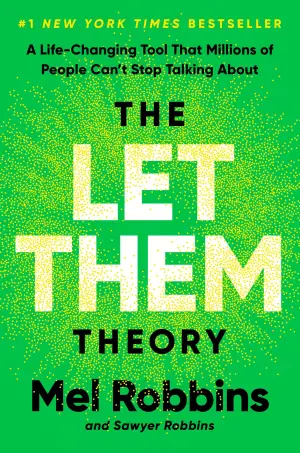An Insightful Look at Beautiful Bastard: A Tangled Web of Expectations
When I first stumbled upon Beautiful Bastard by Christina Lauren, my curiosity was piqued—not just by its catchy title, but by the buzz surrounding its origins as a popular fanfiction. The concept of a book transitioning from the realm of fan-generated content to a published work is inherently compelling. However, my initial excitement quickly fizzled. In a word: No. Just no.
As I delved into the novel, I found myself grappling not just with the characters, Chloe and Bennett, but with the very fabric of the story itself. Chloe is an ambitious graduate student climbing the corporate ladder under the relentless gaze of her boss, Bennett Ryan—the titular “beautiful bastard.” The office setting sets the stage for their tumultuous relationship filled with power struggles and steamy encounters. Sounds engaging, right? Yet, what unfolds is a contrived narrative that leaves much to be desired.
The modern romance genre often thrives on rich character development and relatable emotional stakes. Unfortunately, Beautiful Bastard offers little of either. The protagonists, in their exaggerated roles, are frustratingly one-dimensional. Chloe’s ambition feels overshadowed by her need for Bennett’s approval, while Bennett vacillates between being a possessive jerk and an underdeveloped love interest. Their chemistry, held together by superficial sexual tension, lacks the depth necessary to truly resonate with readers.
The writing style feels like it fell short of its potential. There are moments where the narrative attempts to evoke humor or tension, but the pacing suffers, leaving many scenes feeling rushed. The dialogue—often laden with clichés—fails to spark genuine interest. Instead, it contributes to a reading experience more reminiscent of a poorly executed fanfiction than a polished novel. And that’s where my mixed feelings stem from; the framework of an intriguing story is undermined by lackluster execution.
One particularly memorable (though not in a good way) moment involved a character being referred to as looking "molested," which made my eyebrows shoot up in disbelief. Such choices lack sensitivity and reflect the underlying problems woven throughout the narrative. It left me wondering about the editorial process: how did this get published without a thoughtful review?
Yet, for all its faults, Beautiful Bastard may find an audience among those looking for light, steamy reads. If you enjoy workplace romances sprinkled with drama and don’t mind characters whose arcs feel unfinished, this could be a quick escape.
In conclusion, my reading experience felt akin to a promise unfulfilled. There’s certainly potential in the concept, but it falters in execution. If you’re a fan of well-developed narratives and authentic character connections, you might want to look elsewhere. But if you’re seeking something to engage with fleetingly—perhaps while waiting for your coffee to brew—give it a chance. Just don’t say I didn’t warn you!
Discover more about Beautiful Bastard (Beautiful Bastard, #1) on GoodReads >>












